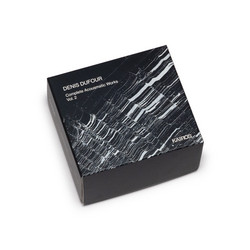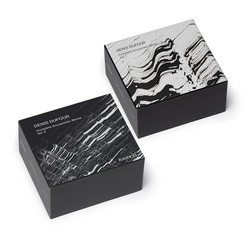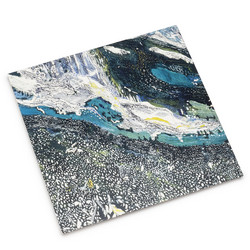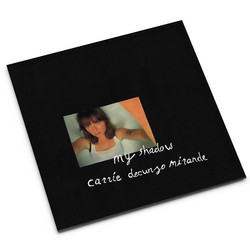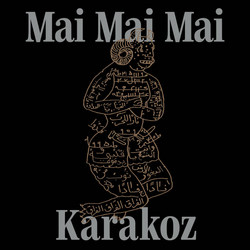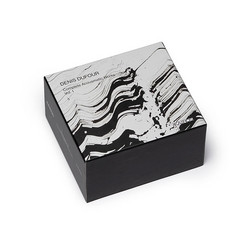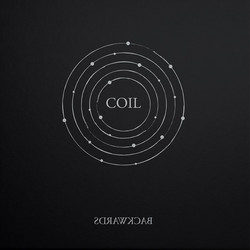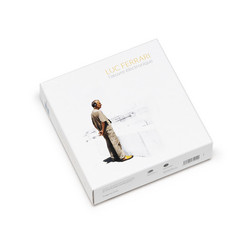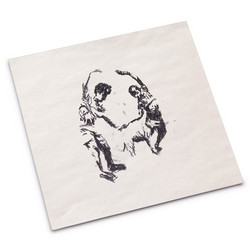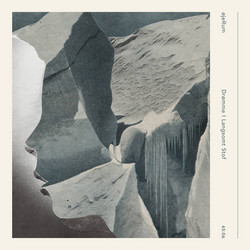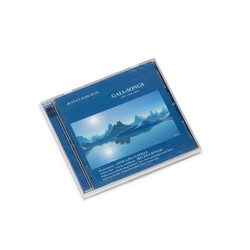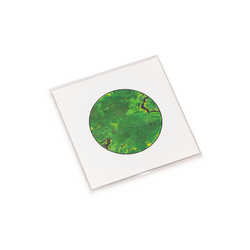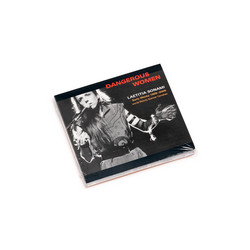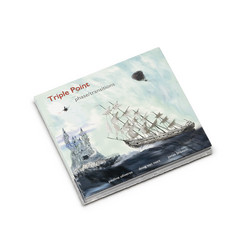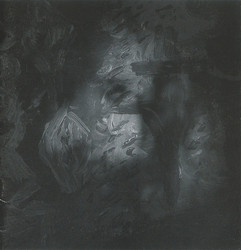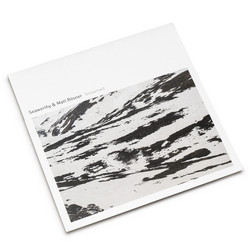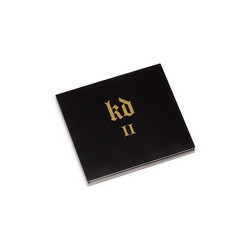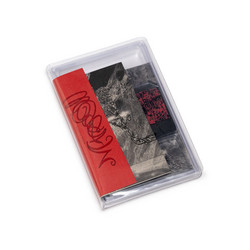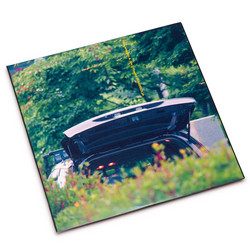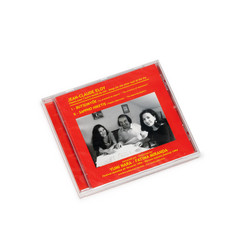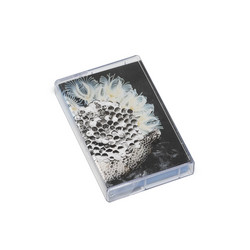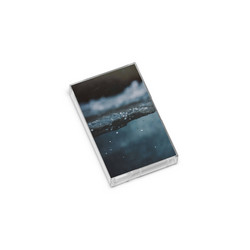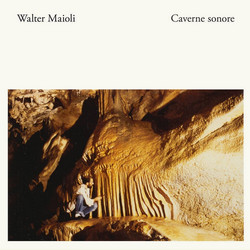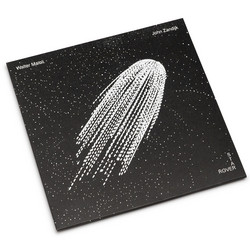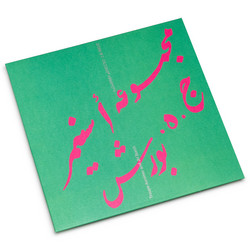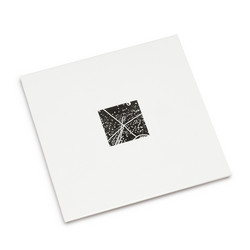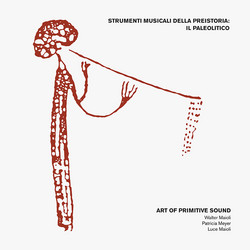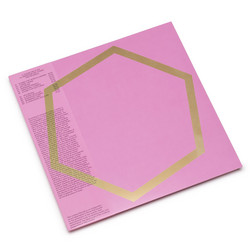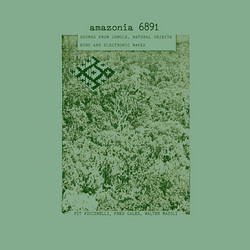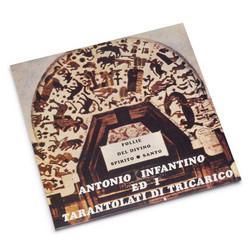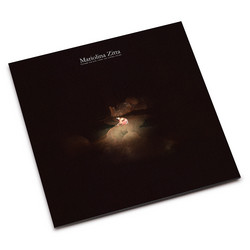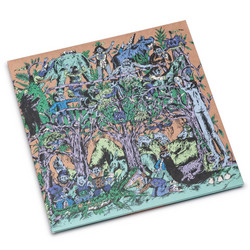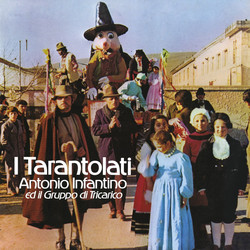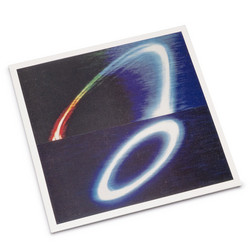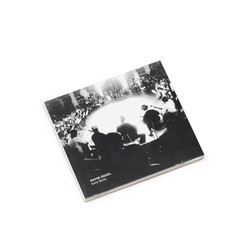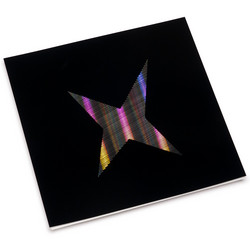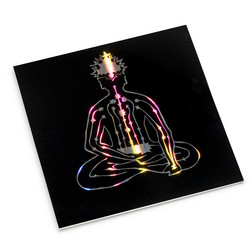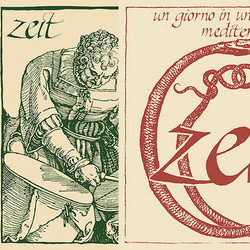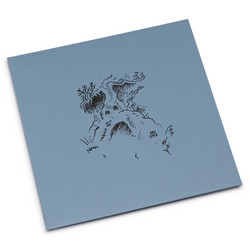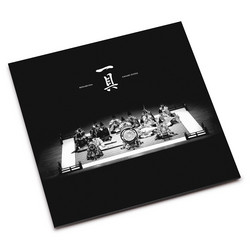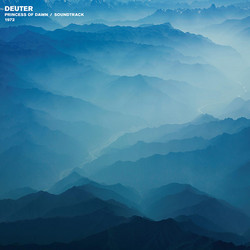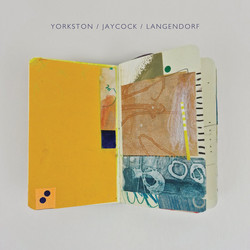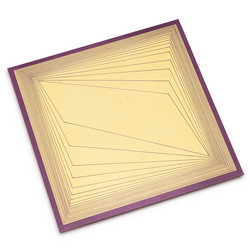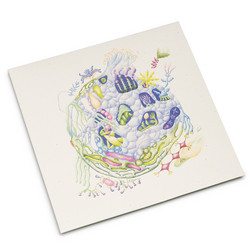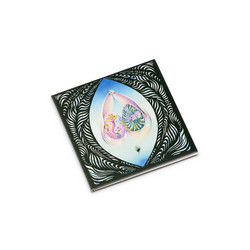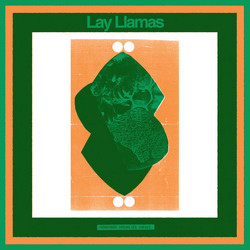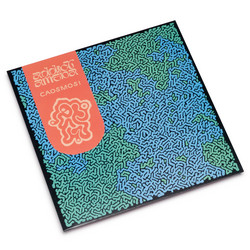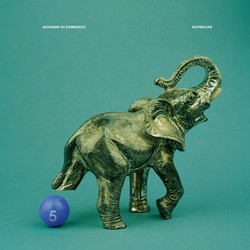Walter Maioli, John Zandijik, Troupe Asnimer, J.H. Burch
Star Rover - Troupe Asnimer & J.H. Burch (3LP Bundle)
Since their founding just over a decade ago, the Milan based imprint, Black Sweat, has left an indelible mark on the landscape of recorded music, issuing a strikingly diverse array of efforts, spanning numerous fields and artistic disciplines, ranging from crucial historical gestures by Futuro Antico, Ariel Kalma, J.D. Emmanuel, I.P. Son Group, Wayne Siegel, Zeit, Juri Camisasca, Frederic Rzewski, and numerous others, to contemporary offerings by Maurizio Abate, DSR Lines / David Edren, Al Doum & The Faryds, Everest Magma, and Langendorf United. This incredible sense of dualism continues with the label’s latest batch, comprising “Star Rover”, a never before issued, double LP archival recording made by Walter Maioli and John Zandijka sometime around 1984, and a stunning self-titled from J.H. Burch, made in collaboration with Troupe Asnimer, an all-female group who stand amongst the most important custodians of the Amazigh oral art forms in the Ait Bouguemez valley of Morocco. Each a radical rethinking of experimental ethnography in very different ways - blending complex palettes of sonic material into interior landscapes of bristling ambiences, laden with diverse cultural touchstones - Black Sweat has hit a serious high-water mark with both of these incredible LPs.
Walter Maioli & John Zandijk “Star Rover” (2LP)
A pioneer in every sense of the word, there is arguably no figure in the history of 20th and 21st Century Italian music more fascinating and important than artist, researcher, flutist, and composer Walter Maioli. A central architect of Italy’s singular movement of musical Minimalism, for roughly 50 years he has forged a singular path, bridging ancient forms of music - spanning numerous cultures - with a visionary, experimental imagining of what the future might be.
Maioli first emerged onto the scene during the early 1970s as a member of the seminal outfit Aktuala. Founded with his wife Laura and soon joined by a remarkable cast of rotating members - Lino Capra Vaccina, Antonio Cerantola, Daniele Cavallanti, Marjon Klok, Otto Corrado, and Trilok Gurtu - the band, while living and playing communally, pioneered a hybrid idiom that joined the sounds of various forms of ancient music and indigenous traditions from across the globe, with decidedly avant-garde and experimental temperaments, fostered within the contexts of folk and rock & roll. As the '70s and '80s wore on, Maioli split his efforts between numerous musical ventures, founding equally important projects like Futuro Antico, Amazonia 6891, and Gruppo Afro Mediterraneo, as well as delving into a fascinating world of research into the sources and instrumentation of ancient and prehistoric music, developing a singular approach to experimental archeology and musicology.
Maioli’s output has remained a constant source of inspiration and awe, entirely carving its own path, increasingly emerging via a steady stream of reissues and archival releases that explore the many dimensions of his multifaceted body of work, a great deal of which has seen the light through a close relationship with Black Sweat. This now continues with “Star Rover”, a never before issued, double LP archival recording made by Walter Maioli and John Zandijka sometime around 1984.
Maioli and the eccentric electronic musician, John Zandijik, first met in 1984, while both artists where operating within the orbit of the Dutch experimental Sound Reporters collective, and participated in the recording and release of the seminal “Ethnoelectronics” LP, issued in 1986 and reissued by Black Sweat in 2019. Shortly afterward, the two met at Zandijik's studio in Rotterdam, embarking on a suite of recordings made across three nights, beginning after 3am, when both artists viewed the psychic energy to be at its peak, and inspiration “belongs solely to the realm of dreams”. It is this material that comprises “Star Rover”, the completion of the sonic, creative journey begun by Maioli and Zandijik with “Ethnoelectronics”.
Clocking in at just under an hour worth of material, spanning two LPs, “Star Rover” is reasonability singular work within Maioli’s know output. Presented as a “ritual of long galactic fluctuation”, where the mystical sound of Maioli’s flute was filtered and expanded by Zandijik’s Aureal system, the album unfurls as tense, pulsing sheets of bristling sonority. Ritualistic and droning, threaded by pointillistic textures pulled from untraceable origins, percussive thuds, wobbling electronic interventions, and soaring and howling flute, “Star Rover” as a truly otherworldly expanse of sound, revealing not only an unknown side of the Sound Reporters collective, but also of Maioli and Zandijik, the later of whom remains largely obscure within the annals of experimental sound practice and appears here as a singular creative voice.
An unquestionably significant alternate vision of Walter Maioli’s search for images of the future within the sounds and ideas of the ancient world, “Star Rover” is nothing short of a revelation that has quietly laid in wait for nearly 40 years. A creative triumph of the highest order that brings the contributions of the little known electronic musician John Zandijka toward centre stage, as well as furthering our understanding of his important place within the recordings that made up “Ethnoelectronics” and experimental music at larger, this stunningly produced double LP represents yet another shining example of what Black Sweat does best and their truly singular dedication to expanding the broad understanding of historic sound practice. Immersive, cosmic, and truly alive, this is ambient music like it’s rarely been heard and impossible to recommend enough.
Troupe Asnimer & J.H. Burch “Troupe Asnimer & J.H. Burch” (LP)
Appearing almost from nowhere, having traced out the outer borders of underground music for years, the multi-instrumentalist and composer J.H. Burch joins Black Sweat for a truly singular journey into the realms of experimental ethnographic sound-craft with the full-length “Troupe Asnimer & J.H. Burch”. Nodding toward the territories explored by artists like Roberto Musci and Barney Wilen, where field recordings of traditional musics form an underpinning for an expanded sound practice, Burch delves toward Ait Bouguemez valley of Morocco, sculpting a visionary, expanded notion of the ethnographic and folkloric tradition, via cultural exchange with recordings he made of the vocal repertoire of the all-female Troupe Asnimer, an assembly that, for decades, have stood amongst the most important custodians of the various Amazigh oral art forms in the region.
Each of the tribal forms sung by Troupe Asnimer has its own time and place, some are poems of travel, lamentation, and daily labor, while others are sung as Sufi rites, recited within those traditions in chorus songs, written by numerous anonymous authors - some centuries old - as a fluid and constantly evolving collective oeuvre. The recordings at Burch’s disposal form the spine and conduit of his calibration with Troupe Asnimer. Alongside, into, and through their chanting voices, he weaves a a varied use of instrumentation - baglama, santur, tanpura, kamanche, organ, deyurey, electronics, percussion - forming the self as a conduit for the group’s collective voice, while maintaining the integrity of their cultural and creative ancestral and rural physiognomy with meditative sensitivity.
Pulsing and modal, across the seven pieces that comprise the two sides of the LP, the voices of Troupe Asnimer rise and fall within Burch’s generative palette of sound complements, creating a woven tapestry of ethnographic experimentalism like few others that can be called to mind; rethinking the notions of cultural ambience, plurality, meaning, and interaction in truly effecting ways.
Filled with hope - drawing a sense of the ancient world and all its continuums to the center of the consciousness - “Troupe Asnimer & J.H. Burch” is an absolutely singular work that doubles as an engrossing balm for this increasingly polarized and troubled world. A perfect soundtrack for the emerging, warm summer breezes, this beautifully produced LP - issued in a highly limited edition of 200 copies - can’t be missed. Yet another 'hats off' to Black Sweat.
